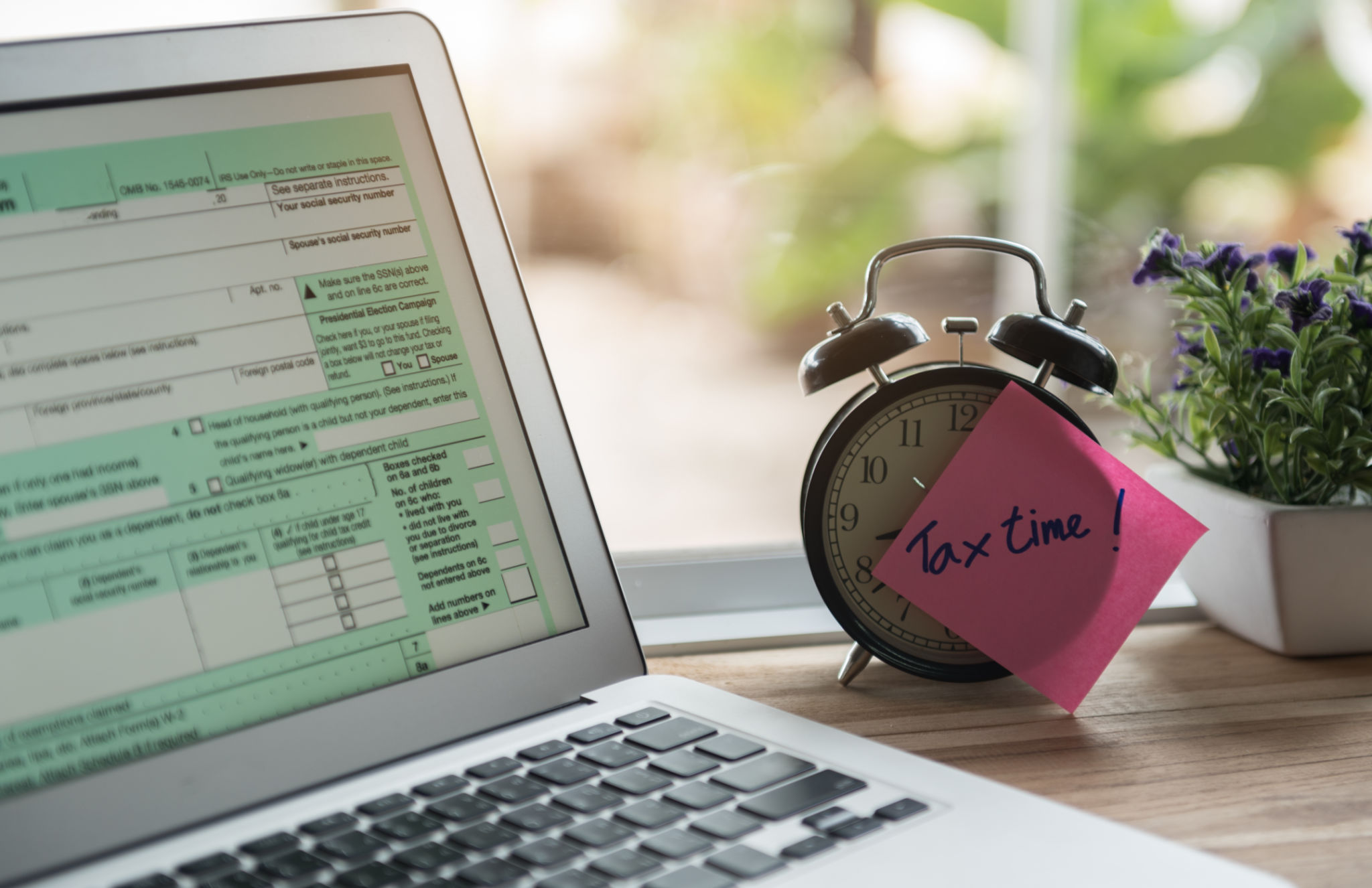How to Prepare Your Taxes for the End of the Year in Texas
SR
Understanding Texas Tax Obligations
As the end of the year approaches, it's crucial to prepare your taxes efficiently, especially if you are a resident of Texas. Unlike many other states, Texas does not impose a state income tax, which can simplify your tax preparation process significantly. However, this doesn't mean you are free from federal tax obligations. It's important to understand what is required of you to avoid any last-minute surprises.
Tax preparation involves organizing all your financial documents, understanding your deductions and credits, and ensuring that you are complying with both federal and local regulations. Starting early can save you a great deal of stress and potentially reduce your tax liability.

Gathering Essential Documents
One of the first steps in preparing your taxes is gathering all necessary documents. You will need:
- W-2 Forms: These are provided by your employer and detail your earnings and taxes withheld.
- 1099 Forms: If you are self-employed or have other income sources, these forms report various types of income.
- Receipts for Deductible Expenses: This includes receipts for medical expenses, charitable contributions, and educational expenses.
- Bank Statements: These are helpful for reconciling income and expenses.
Maximizing Deductions and Credits
Maximizing deductions and credits can significantly reduce your taxable income. In Texas, residents can take advantage of several federal deductions and credits, such as the Earned Income Tax Credit (EITC) and the Child Tax Credit. Make sure to research which credits apply to your situation and gather any supporting documentation required for claiming them.

Utilizing Tax Software or Professional Help
Using tax software or hiring a professional can streamline the process of preparing your taxes. Tax software can guide you through each step, ensuring that you don't miss any deductions or credits. On the other hand, a tax professional can provide personalized advice, especially if you have a complex financial situation.
Consider consulting with a Certified Public Accountant (CPA) if you have multiple income sources or significant investments. They can offer tailored advice and help you strategize for future tax years.
Filing Your Taxes
Once you've gathered all your documents and calculated your deductions, it's time to file your taxes. You have options when it comes to filing:
- E-filing: This is typically faster and more secure than mailing your return.
- Paper Filing: If you prefer traditional methods, ensure your return is postmarked by the IRS deadline to avoid penalties.

Reviewing Your Return
Before submitting your tax return, review all entries to ensure accuracy. Check for any inconsistencies or missing information that could trigger an audit. It's always a good idea to keep copies of your tax returns and supporting documents for at least three years in case of any future inquiries.
By taking these proactive steps, you'll be well-prepared for the end of the year tax season in Texas. Ensuring compliance with federal laws while maximizing your deductions and credits can lead to a smoother filing process and potentially a larger refund.
